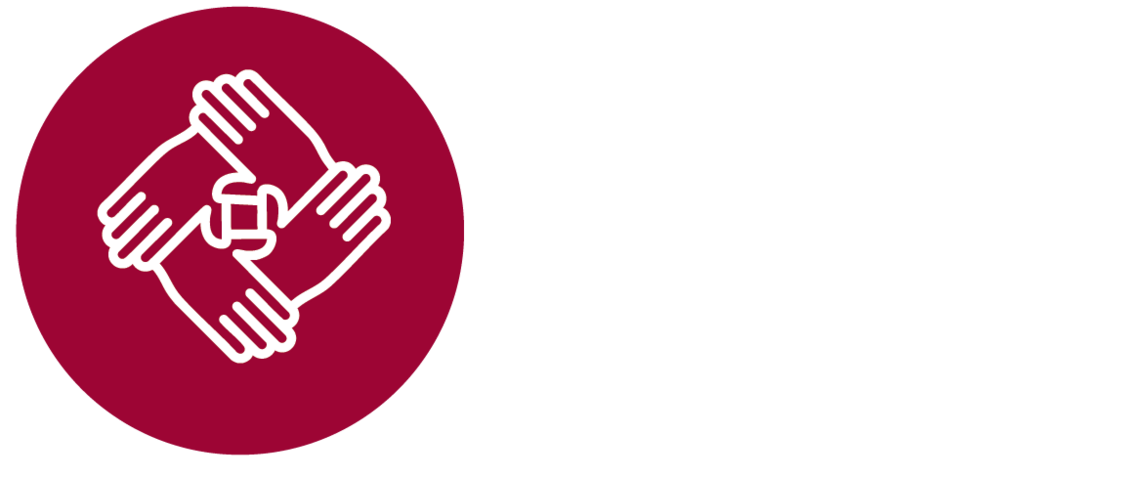
Read, Refer, and Access Tools
The Indigenous Research Support Team assists and strengthens Indigenous-related research capacity at UCalgary. Learn more about Indigenous research, Indigenous community engagement, Indigenous research ethics, Indigenous data stewardship and sovereignty, Indigenous Community-Based Participatory Research (CBPR) and research with Treaty 7 communities and organizations.
IRLET - (Indigenous Research Level of Engagement Tool)
Developed by the Saskatchewan Centre for Patient-Oriented Research (SCPOR), the Indigenous Research Level of Engagement Tool (IRLET) aims to provide guidance to researchers and grant review committees who are involved in or are new to Indigenous research with guidelines on how to ensure a project proposal is being planned and executed in an appropriate manner.
Related UCalgary Links
Office of Indigenous Engagement (OIE)
ii’ taa’poh’to’p
Human Ethics and Compliance
Research Services
How can we help?

Foundations of Indigenous Research
Understand the considerations for conducting research with Indigenous communities and individuals as outlined by Tri-Council Policy, best practice research methodologies and the guiding principles of respect, reciprocity, relevance, and responsibility.

Community Engagement
Community engagement, as it pertains to research involving Indigenous peoples, is a process of relationship-building between a researcher and the Indigenous community relevant to the research project. Refer to community customs and codes of practice for best approaches in the design phase.
Visit: Community Engagement

Indigenous Data Sovereignty
Many Indigenous communities have developed data sovereignty frameworks to guide research data management. These frameworks respond to and stand against unethical, extractive, deficit-based and harmful research practices.
Visit: Indigenous Data Sovereignty

Indigenous Research Ethics
Refer to 12 tips to level up your ethics application and reach out to IRST for additional support and guidence prior to submission.
Visit: Indigenous Research Ethics

Indigenous Grants and Funding
Indigenous research is a distinct and specialised and transdisciplinary area of scholarly inquiry that requires additional expertise, resources, and relationship-building beyond what is typically expected of researchers.

Local Indigenous Communities
Learn about Indigenous communities local to UCalgary, best practices in Indigenous research, and links to learn more.
Visit: Local Indigenous Communities

International Indigenous Research
While IRST is unable to consult on or provide specific international Indigenous research support, we can offer some best practices and guidance from Indigenous research in Canada including CARE and FAIR Principles.

